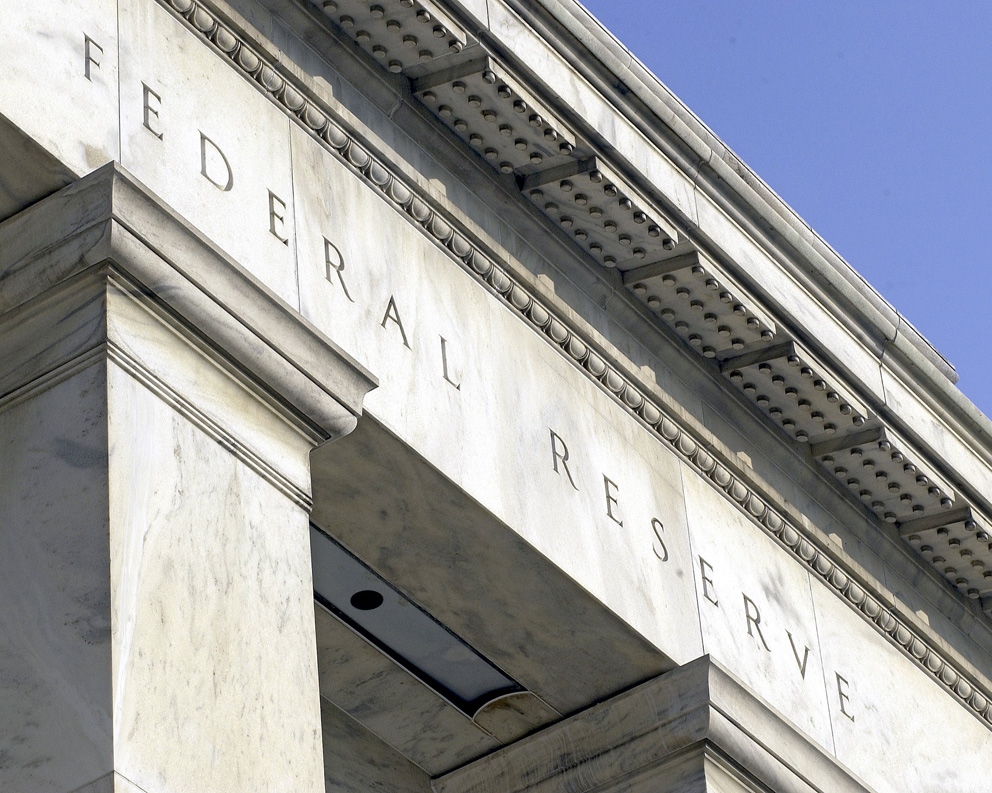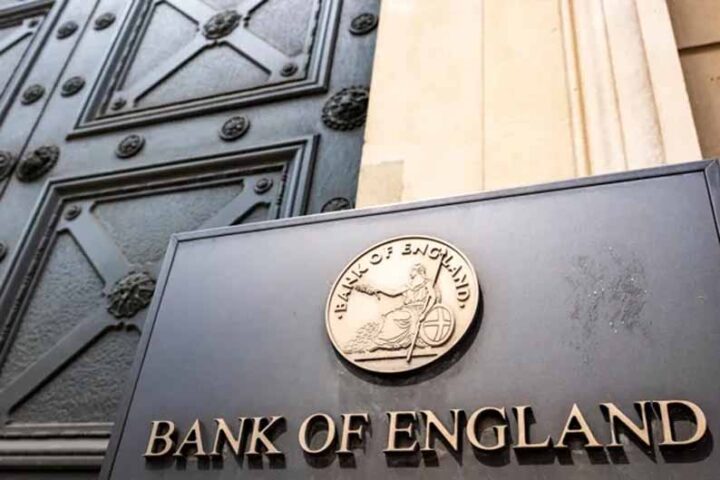By Hussein Sayed, Chief Market Strategist at FXTM
The short-term economic outlook is looking terrible and it is likely to become even worse as more data is published. Wednesday’s US ADP labour market report showed a record 20.24 million jobs were lost in the private sector last month due to business closures. While these numbers were anticipated, given that more than 30 million people filed for unemployment benefits over the past six weeks, this still represents an extreme shock to the world’s largest economy.
When analysts and strategists try to forecast the future of asset prices during such shocks, they tend to compare it to previous past patterns or economic cycles to draw conclusions and recommendations. Unfortunately in our lifetime, we have never experienced such a pandemic nor a contraction of this size and speed in the economy. Even many of the tools used by monetary and fiscal policymakers are brand new. Hence, predicting how this will turn out is going to be more of a guessing game than by using existing modelling and statistical methods.
Right now, the optimistic V-shaped recovery does not look like a realistic scenario for several reasons. An upturn of this type means that most of America and the world needs to get back to work soon, but that does not seem at all reasonable when looking at trends in Covid-19 infections.
Even with lockdowns easing in many US states and across the globe, many sectors will not recover for several years, particularly airlines, leisure, auto and possibly oil.
Many questions related to the virus are still not being answered, especially the ones related to when and if a vaccine or treatment will be developed.
Will the warm weather help contain the infections? Will the virus mutate into a different form requiring new medical trials? Will easing lockdowns lead to a new and stronger wave of infections? Until we get answers to these and other questions, we cannot predict the shape and speed of the recovery.
Of course, the longer we stay at home, the more progress there should be in containing the deadly virus. However, this comes at the cost of more economic damage and it is this trade-off between health and the economy which is the most awkward question leaders around the world are having to deal with. Even if we assume life returns to near normal, are we going to behave in the same way we did before Covid-19? Will we have the courage to appear in crowded places? Will all parents send their children back to school? Will we travel to places where infections are still on the rise? Are we going to follow old spending habits?
It will take several months, if not years, to return to normal and that’s why even if economies open up, the recovery will be slow.
Currently the stock market is not a true representation of the economy’s weakened status. Investors are taking their cue from the Federal Reserve and Congress which are implementing unprecedented measures to ensure that the economic pain does not get reflected in financial markets. However, I believe there will be many long-term consequences which will be talked about for many years to come.
The forward earnings multiple on the S&P 500 is currently at a 19-year high of 25, while the cyclically adjusted earnings multiple is still above the 2008 peak, despite falling from 31 in January this year to approximately 26.7 Thursday. This suggests that valuations are still extraordinarily rich despite the vast amount of companies providing negative guidance, if in fact they are giving any at all.
At current levels, investors are betting on a best-case economic recovery scenario supported by further easing measures. But as mentioned earlier, predicting how asset prices play out during this pandemic is more of a guessing game than any form of true analysis. Let’s hope that markets are right in predicting the best-case scenario.
For information, disclaimer and risk warning visit FXTM
FXTM Brand: ForexTime Limited is regulated by CySEC and licensed by the SA FSCA. Forextime UK Limited is authorised and regulated by the FCA, and Exinity Limited is regulated by the Financial Services Commission of Mauritius








